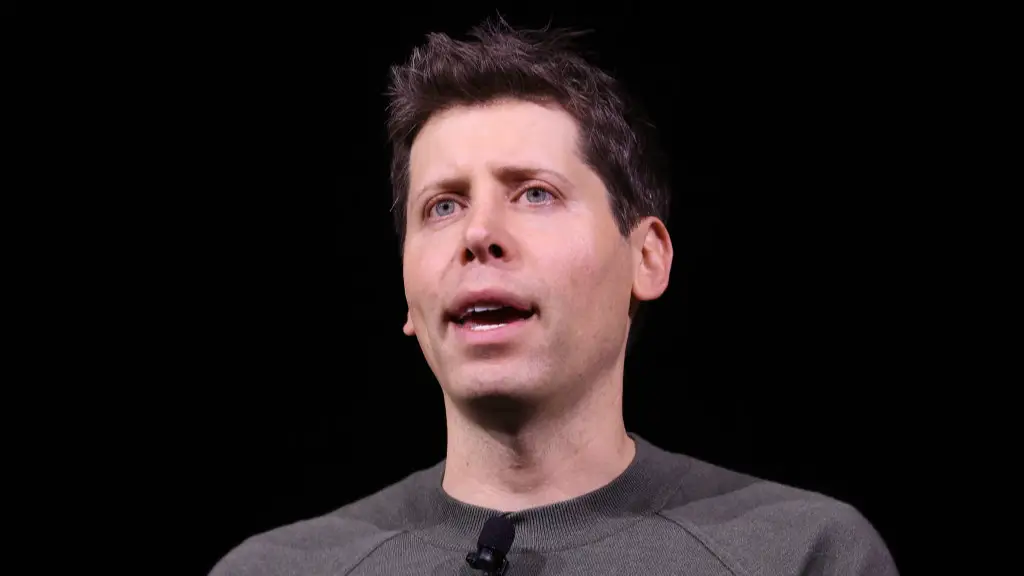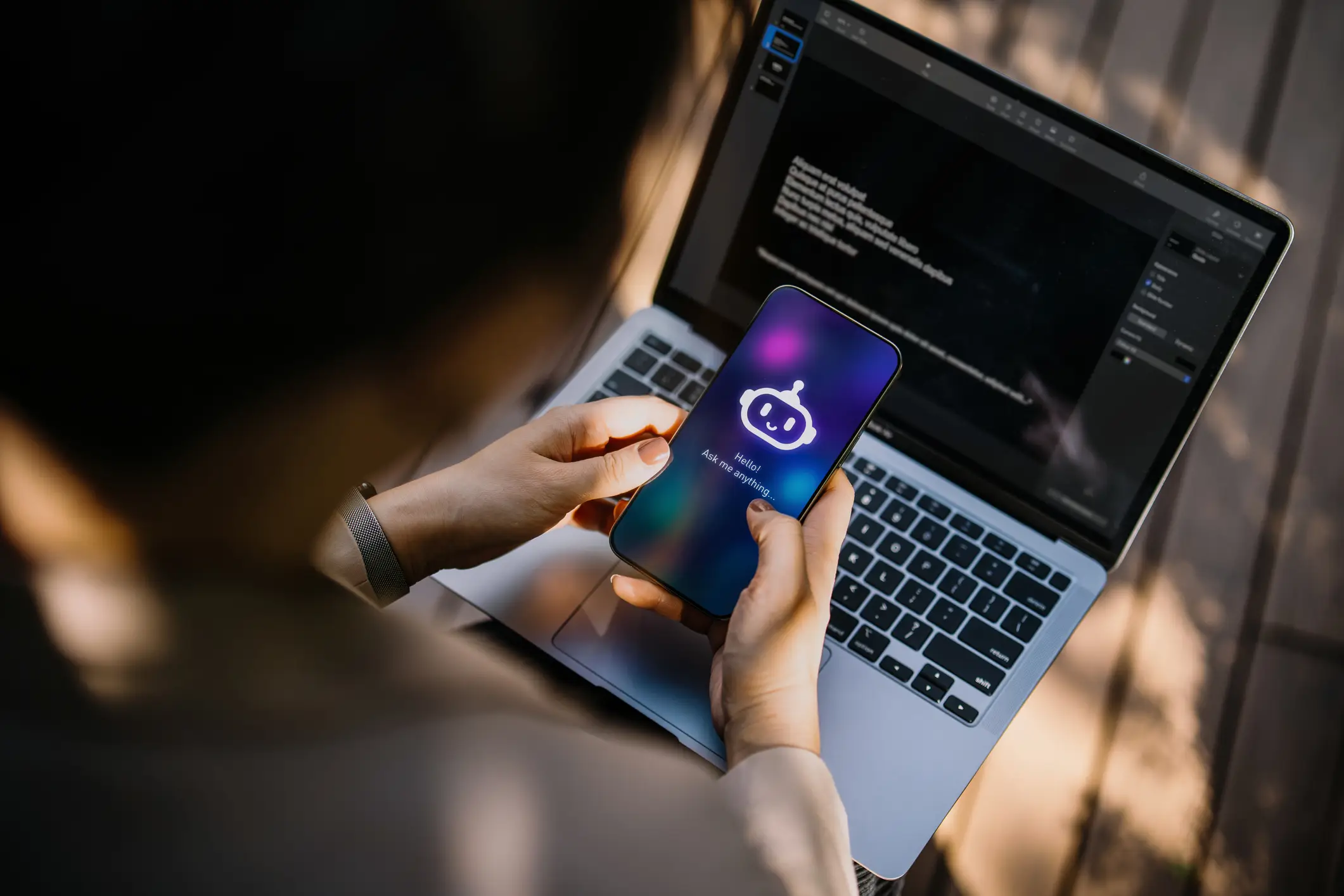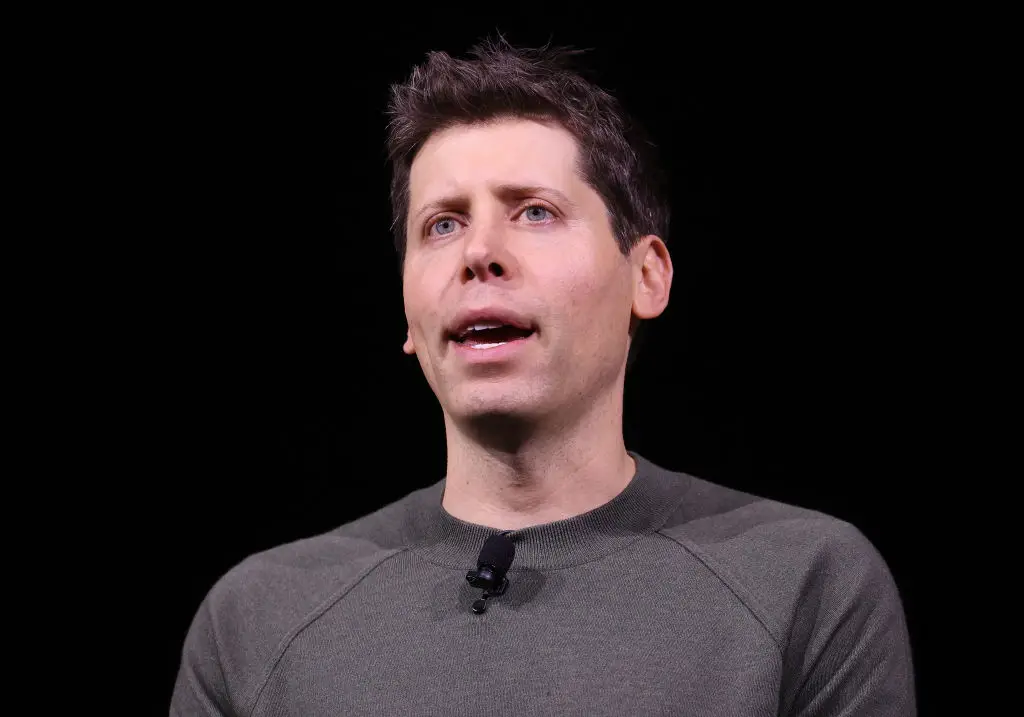
The CEO of OpenAI has spoken out about using polite prompts when it comes to the chatbot, and the effects it can have.
While many of us might be doing it in case AI takes over the world one day, and may spare you for your manners, it looks like it's costing the company millions.
Sam Altman took to X to speak about the fact that people choose to say 'please' and 'thank you' to prompts to the Artificial Intelligence.
It might seem like a good idea in hindsight, but it turns out that it could be a detriment to OpenAI themselves.
Advert
Users have taken to social media to theorise about the amount that the company has lost in costs from people saying polite terms to the bot, and Altman replied to one of these posts.

When someone wondered 'how much money OpenAI has lost in electricity costs from people saying 'please' and 'thank you' to their models', Altman replied.
He noted that it's 'tens of millions of dollars well spent', adding: "You never know."
Many have claimed that it's pointless to show respect to an AI chatbot, while others think they'll be the ones laughing when a robot invasion takes over our planet, Terminator-style.
Microsoft's design manager, Kurtis Beavers, spoke of the importance of respectful language, explaining that it 'helps generate respectful, collaborative outputs'.
"Using polite language sets a tone for the response," he added, while a Microsoft WorkLab memo suggested: "When it clocks politeness, it’s more likely to be polite back."
A survey carried out by Tech Radar revealed that two thirds of US citizens admitted to being nice to their chatbots, with 55 percent of these users admitting that it was 'because it's the right thing to do', while the remaining 12 percent fear a robot uprising in the future.
Several AI researchers doubt that it's within our capabilities has humans to built an 'intelligent' algorithm based off the large language models in place at the moment.
But it's still a concern, given that hundreds of millions around the world rely on AI for a number of tasks.

When it comes to exactly how much energy is used by AI, the Washington Post found that generating a 100-word email every week for a year would use a shocking 7.5kWh, which is an hour's worth of power used by nine households across the American capital.
Showing etiquette towards AI may seem a bit off, but it highlights that our actions have consequences, as chatbots are said to currently take up two percent of the world's energy consumption.
This amount is only set to increase, though, so to save the world and your own mind, maybe you should try to do things on your own from time to time.
Some food for thought.
Topics: AI, Artificial Intelligence, Social Media, Technology